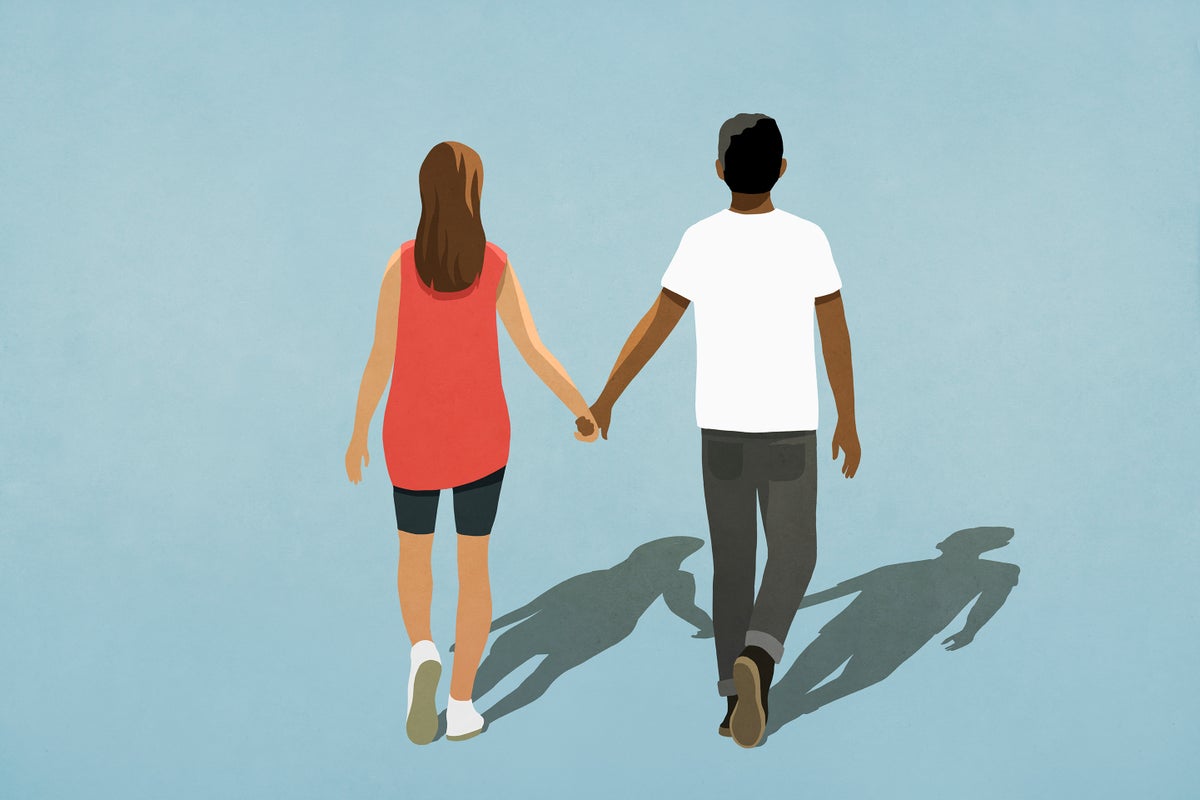
"People with a psychiatric disorder are more likely to marry someone who has the same condition than to partner with someone who doesn't, according to a massive study suggesting that the pattern persists across cultures and generations. Researchers had previously noted this trend in Nordic countries, but the phenomenon has seldom been investigated outside Europe. The latest study, published in Nature Human Behaviour today, used data from more than 14.8 million people in Taiwan, Denmark and Sweden."
"The team found that when one partner was diagnosed with one of the nine conditions, the other was significantly more likely to be diagnosed with the same or another psychiatric condition. Spouses were more likely to have the same conditions than to have different ones, says co-author Chun Chieh Fan, a population and genetics researcher at the Laureate Institute for Brain Research in Tulsa, Oklahoma. The main result is that the pattern holds across countries, across cultures, and, of course, generations, Fan says."
Data from more than 14.8 million people in Taiwan, Denmark and Sweden were used to examine nine psychiatric disorders. The disorders included schizophrenia, bipolar disorder, depression, anxiety, ADHD, autism, obsessive-compulsive disorder (OCD), substance-use disorder and anorexia nervosa. When one partner received a diagnosis of any of these conditions, the other partner was significantly more likely to receive a diagnosis of the same or another psychiatric condition. Spouses were more likely to share the same disorder than to have different disorders. The pattern persisted across countries, cultures and generations, and remained despite changes in psychiatric care over the past 50 years. Only OCD, bipolar disorder and anorexia nervosa showed different geographic patterns.
Read at www.nature.com
Unable to calculate read time
Collection
[
|
...
]